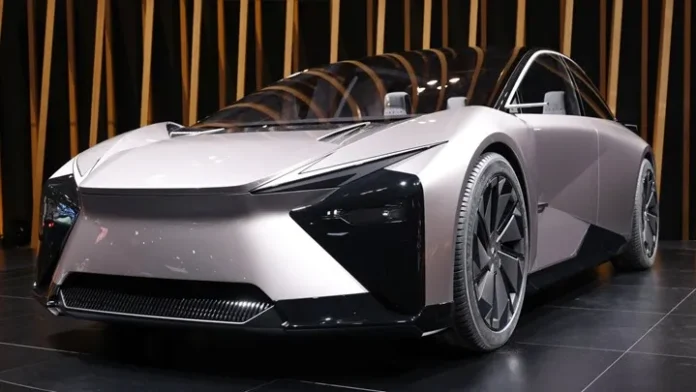Toyota, Nissan, and Honda are reportedly joining forces to develop AI and chip technologies for next-generation vehicles. The collaboration will focus on seven key areas and aims to ensure that Japan’s automotive industry remains competitive on the global stage.
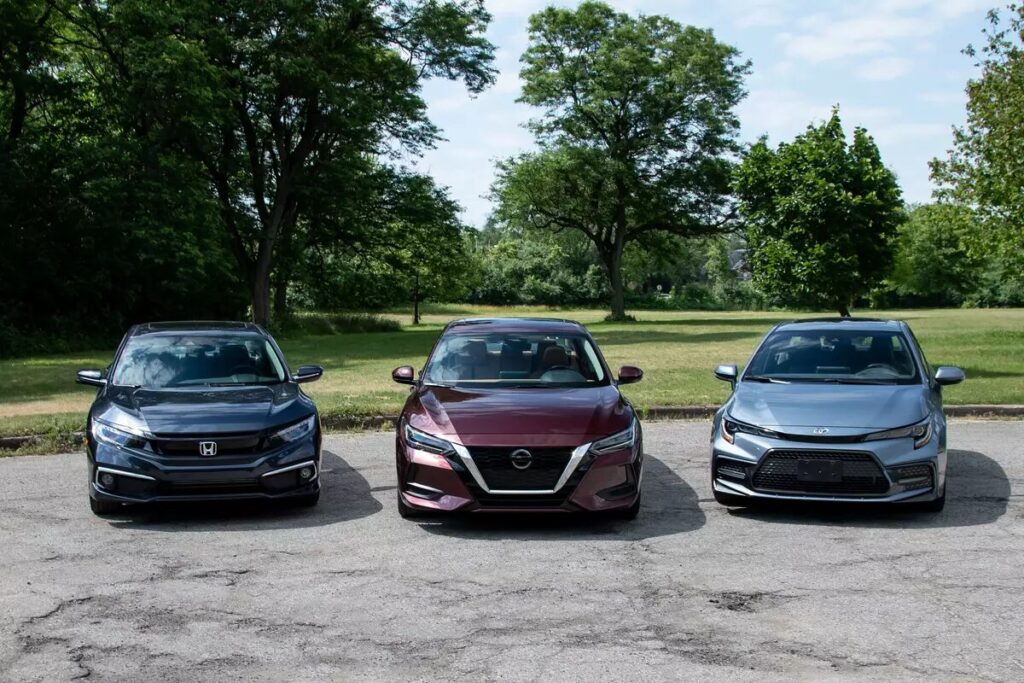
Strategic Collaboration for Digital Transformation
Japan’s Ministry of Economy, Trade, and Industry is expected to soon call for a strategic partnership to accelerate the digital transformation of the automotive industry and to develop new-generation vehicles by the 2030s. This initiative will bring together major Japanese car manufacturers, including Toyota, Nissan, Honda, and others, to work collaboratively. The primary goal is to reduce development costs and enhance digital capabilities to keep pace with global competitors.

Focus Areas of Collaboration
The collaboration between the Japanese automotive giants will focus on seven areas:
- Chips: Development and integration of advanced semiconductors for vehicle electronics.
- Vehicle Software and Systems Integration: Creating application programming interfaces (APIs) to connect various vehicle systems.
- Virtual Simulation: Enhancing simulation technologies for better vehicle design and testing.
- Generative AI for Automation: Implementing AI for automatic inspections and quality control in manufacturing.
- Cybersecurity: Developing robust security measures against cyber-attacks.
- High-Precision 3D Mapping: Creating detailed 3D maps essential for autonomous driving.
- Sensor Technologies: Advancing sensor technologies for improved vehicle perception and functionality.
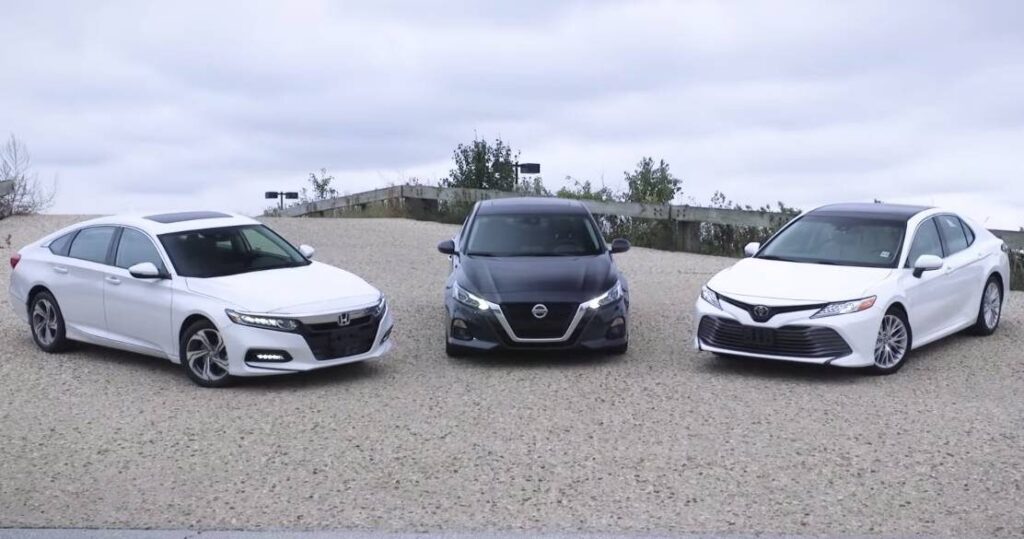
The Japanese government aims to establish standards in these areas to ensure consistency and compatibility across the industry. Each company will independently develop the core operating systems used in vehicles.
Focus on Software-Defined Vehicles (SDVs)
The collaboration emphasizes software-defined vehicles (SDVs), which rely heavily on software for functionality rather than hardware. This allows vehicles to receive updates and new features remotely, similar to smartphones. For instance, an update could enable self-driving capabilities in a vehicle that did not initially have them.
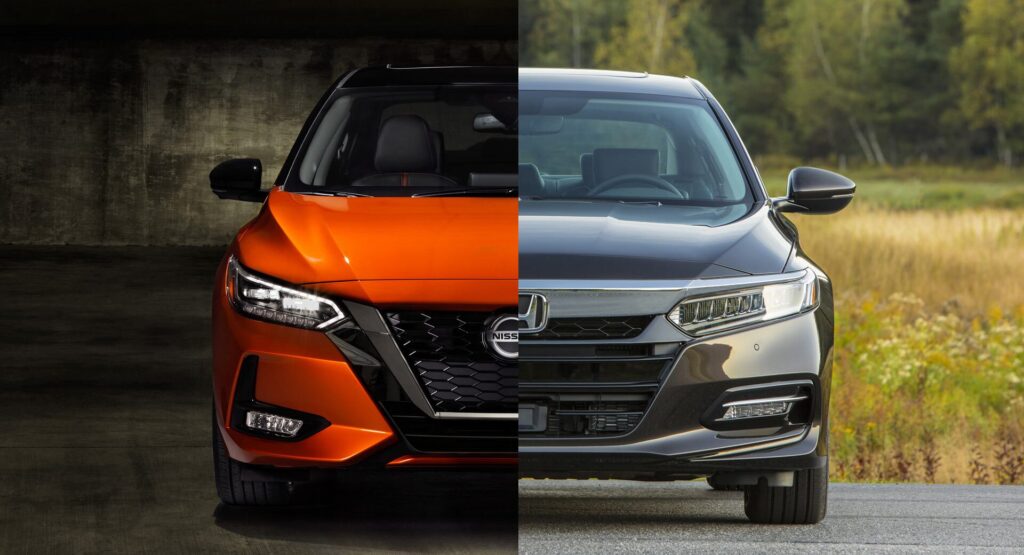
This approach is already being used by companies like Tesla and BYD, whose electric vehicles feature advanced software capabilities. As the automotive industry moves towards greater digital integration, having strong software capabilities will become essential. It is expected that software and update support will be major revenue streams for automakers in the next decade.
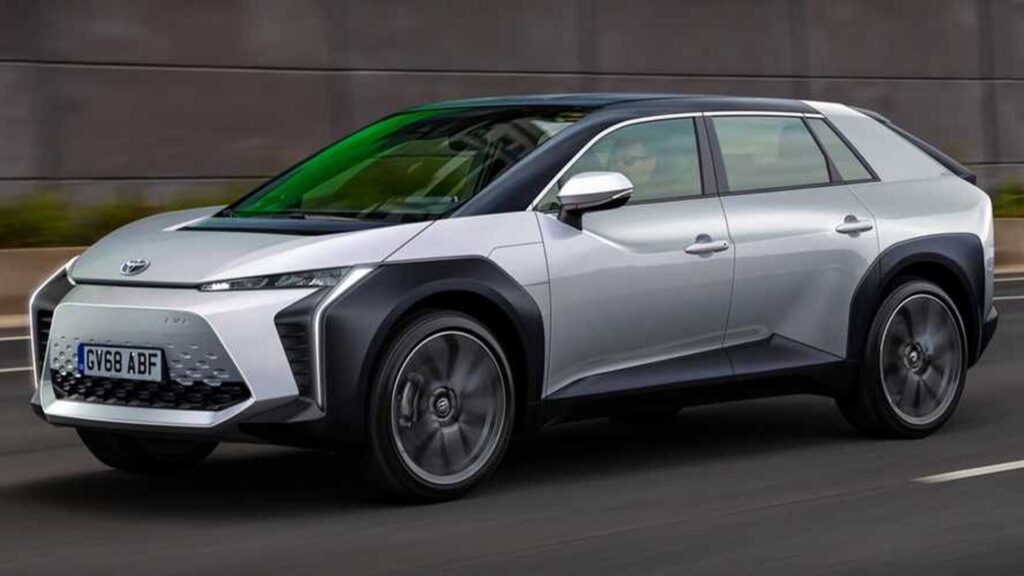
Looking Ahead
Toyota, Nissan, and other Japanese manufacturers plan to launch SDVs starting from 2025. This collaboration aims to ensure that Japanese firms do not fall behind in the rapidly evolving automotive landscape. As software becomes a critical component of vehicle performance and customer satisfaction, these companies are positioning themselves to compete effectively in the global market.
What do you think about this strategic partnership between Toyota, Nissan, and Honda? Share your thoughts in the comments below!

